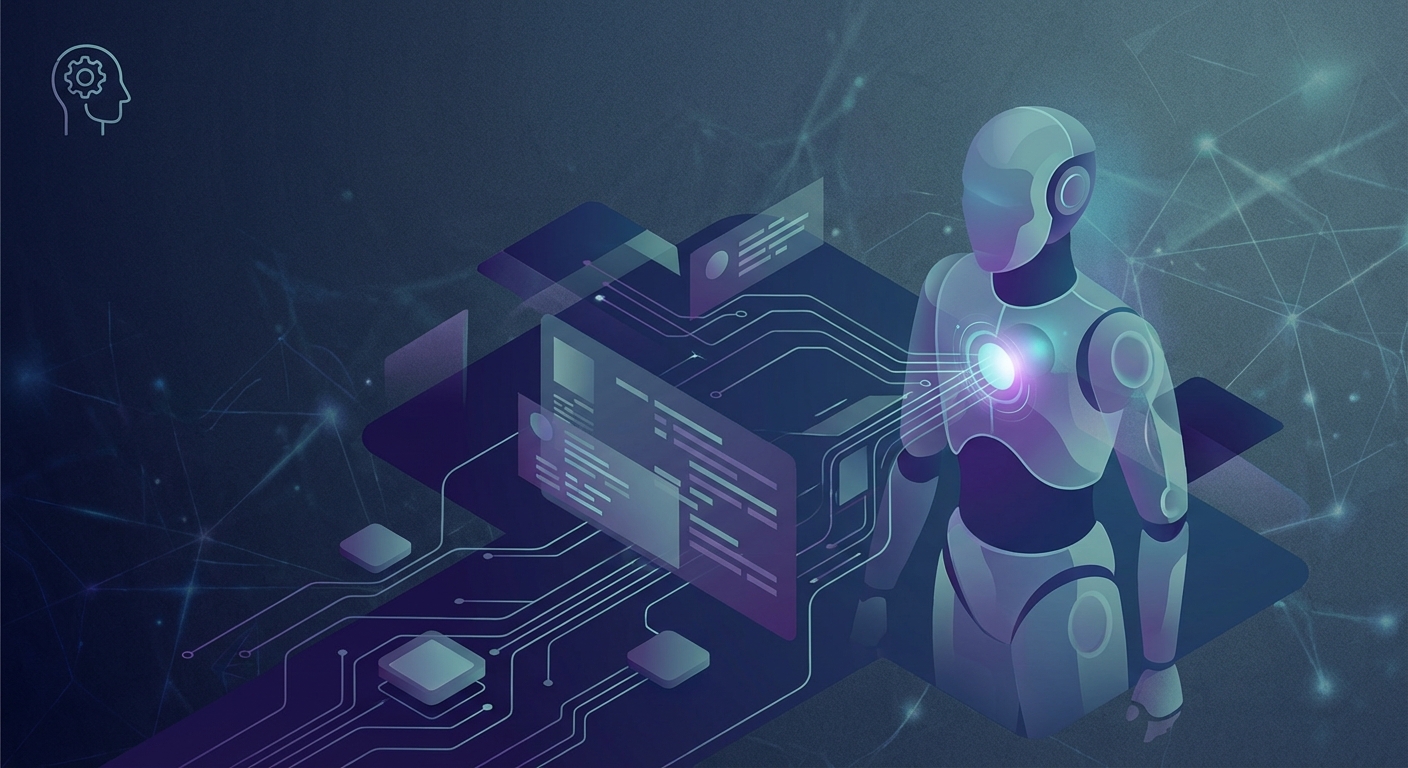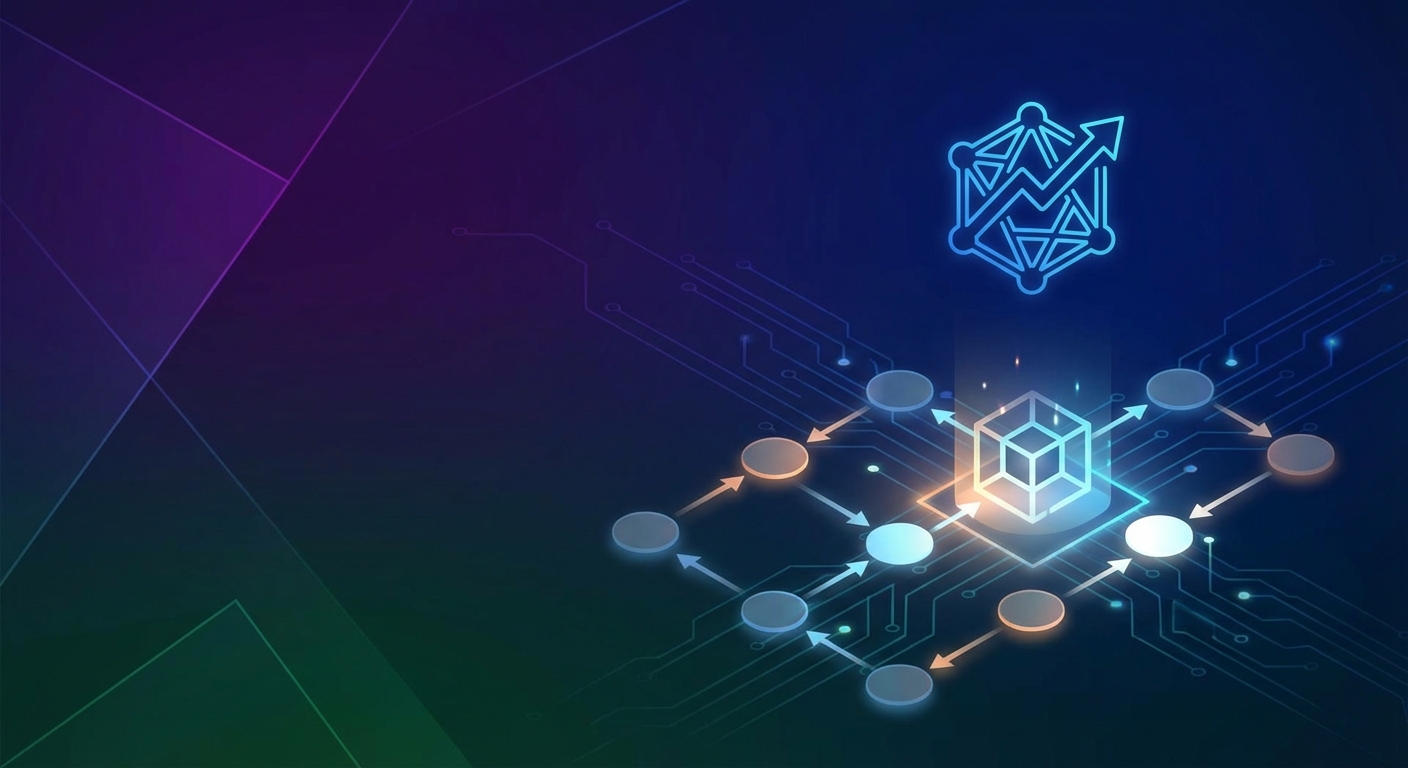Navigating the Labyrinth: Emerging Challenges in AI Agent Performance Optimization
TL;DR
- This article covers the evolving landscape of AI agent performance optimization, highlighting key challenges in development, deployment, and governance. It explores issues like data dependencies, security vulnerabilities, ethical considerations, and the need for robust monitoring and lifecycle management. Strategies for overcoming these hurdles and maximizing the ROI of AI agent investments are discussed.
The Shifting Sands of AI Agent Performance: An Introduction
AI agents are rapidly transforming industries, but are we truly optimizing their performance? As the number of operational robots hits nearly 4 million units worldwide, the focus shifts to ensuring these agents deliver tangible value (Record of 4 Million Robots in Factories Worldwide) IFR.
Consider these key aspects:
- Efficiency: AI agents must execute tasks swiftly and accurately, reducing operational bottlenecks.
- Reliability: Consistent performance is crucial, especially in critical applications like predictive maintenance.
- Adaptability: Agents should adjust to changing conditions, maintaining effectiveness in dynamic environments.
As AI becomes further entrenched, understanding and optimizing agent performance will be essential for sustained success. Next, we'll define AI agent performance in 2024.
Defining AI Agent Performance in 2024
In 2024, defining AI agent performance goes beyond just task completion. It's about a more nuanced understanding of their capabilities and impact. We're looking at:
- Goal Achievement with Context: Not just completing a task, but doing so in a way that aligns with broader objectives and understands the surrounding circumstances. For example, an AI agent managing inventory shouldn't just reorder stock; it should consider upcoming sales, seasonality, and supplier lead times.
- Resource Efficiency: Agents that perform tasks using minimal computational power, memory, and time. This means smarter algorithms and better optimization of their internal processes.
- Robustness and Resilience: The ability of an agent to continue functioning effectively even when faced with unexpected inputs, noisy data, or minor system disruptions. It's about not breaking easily.
- Explainability and Trustworthiness: For critical applications, agents need to provide some level of insight into their decision-making process. This doesn't mean full transparency for every single operation, but enough to build confidence and allow for debugging and auditing.
- Ethical Alignment: Agents must operate within defined ethical boundaries, avoiding bias and ensuring fairness, as we'll discuss later.
This more comprehensive view is what we need to aim for as ai becomes more integrated into our daily lives and work.
Data Dependencies and the Quest for Quality
AI agent performance hinges on the quality and availability of data. But what happens when the data streams become a torrent, or worse, dry up entirely? These issues with data volume, velocity, and variety can directly lead to data drift, where the statistical properties of the data change over time, making the agent's learned patterns less relevant and its performance degrade.
Here are key challenges:
- Volume: Handling massive datasets requires robust infrastructure. For example, in retail, analyzing millions of customer transactions daily demands scalable solutions. (Big Data in Retail: Applications, Benefits & Best Practices - Turing)
- Velocity: Real-time data streams, like those in algorithmic trading, need immediate processing to prevent delays and missed opportunities. (How real-time data streams are transforming the trading floor)
- Variety: Integrating diverse data types (text, images, sensor data) can be complex. Consider healthcare, where patient records, medical images, and wearable sensor data must converge for accurate diagnoses.
Addressing these dependencies is crucial for reliable AI agent performance. Next up, we'll explore how to combat data drift.
Security Vulnerabilities and the Threat Landscape
AI agents aren't immune to cyber threats. Understanding these vulnerabilities is crucial for maintaining their effectiveness.
Here's what to consider:
- Adversarial attacks can manipulate data, leading to incorrect decisions. For example, attackers can subtly alter images used in AI-powered medical diagnoses, causing misinterpretations.
- Compromised access controls can allow unauthorized users to take control of AI agents. In finance, this could lead to fraudulent transactions.
- Data breaches expose sensitive training data, enabling malicious actors to reverse engineer models.
Ethical Considerations and Responsible AI
As AI agents become more powerful, ethical considerations rise. Are we prepared to handle the potential biases and unintended consequences?
Key points to consider:
- Fairness: This means ensuring AI agents don't discriminate against certain groups based on protected characteristics like race, gender, or age. For instance, an AI recruitment tool shouldn't unfairly filter out qualified candidates from underrepresented backgrounds. It's about making sure the agent's outputs are equitable across different demographics.
- Transparency: This is about building trust by being able to explain, to a reasonable degree, how an AI agent arrives at its decisions. For a loan application AI, transparency would mean being able to articulate the factors that led to an approval or denial, rather than it being a complete black box. It helps in debugging and understanding potential biases.
- Accountability: This is about establishing clear lines of responsibility when an AI agent makes a mistake or causes harm. If an autonomous vehicle causes an accident, who is accountable – the developer, the owner, or the ai itself? Having clear frameworks for accountability is essential for responsible deployment.
Next, we'll explore bias detection and mitigation.
Orchestration and Scalability Challenges
Can AI agents handle the pressure as deployments scale? Orchestration and scalability become critical as more agents join the workforce.
Here are key challenges:
- Complex Workflows: Managing intricate agent interactions requires robust design. These workflows are complex for AI agents because they often involve multiple agents needing to communicate, share information, and coordinate actions in a specific sequence or in response to dynamic events. Think about a supply chain: one agent might be responsible for inventory, another for shipping logistics, and a third for customer service. For them to work together seamlessly, they need to understand each other's capabilities, dependencies, and the overall goal. This can involve intricate decision trees, real-time synchronization, and handling potential conflicts or delays between agents.
- Resource Management: Efficiently allocating resources like computing power and memory is essential.
- Fault Tolerance: Systems must handle failures gracefully. In autonomous driving, a single point of failure can have severe consequences.
Effective orchestration ensures AI agents work harmoniously. Next, we'll explore AI agent collaboration.
Monitoring, Lifecycle Management, and Governance
Effective AI agent oversight requires more than just a watchful eye. It demands a comprehensive strategy.
Here’s what that entails:
- Continuous monitoring: Track KPIs to ensure agents meet performance benchmarks.
- Lifecycle management: Implement version control for seamless updates.
- Governance frameworks: Define roles and policies to maintain compliance.
Next, we'll explore emerging AI agent challenges.
Conclusion: Charting a Course for Optimized AI Agent Performance
The journey to optimize AI agent performance is continuous. To truly harness their potential, consider these points:
- Holistic Approach: Integrate data quality, security, ethics, and governance for robust AI.
- Innovation: Embrace AI advancements like generative AI to enhance agent capabilities. For example, generative ai can be used to create more realistic training data, allowing agents to learn from a wider range of scenarios, or to generate natural language responses for customer service agents, making interactions more human-like.
- Collaboration: Share insights and best practices across industries to accelerate progress.




